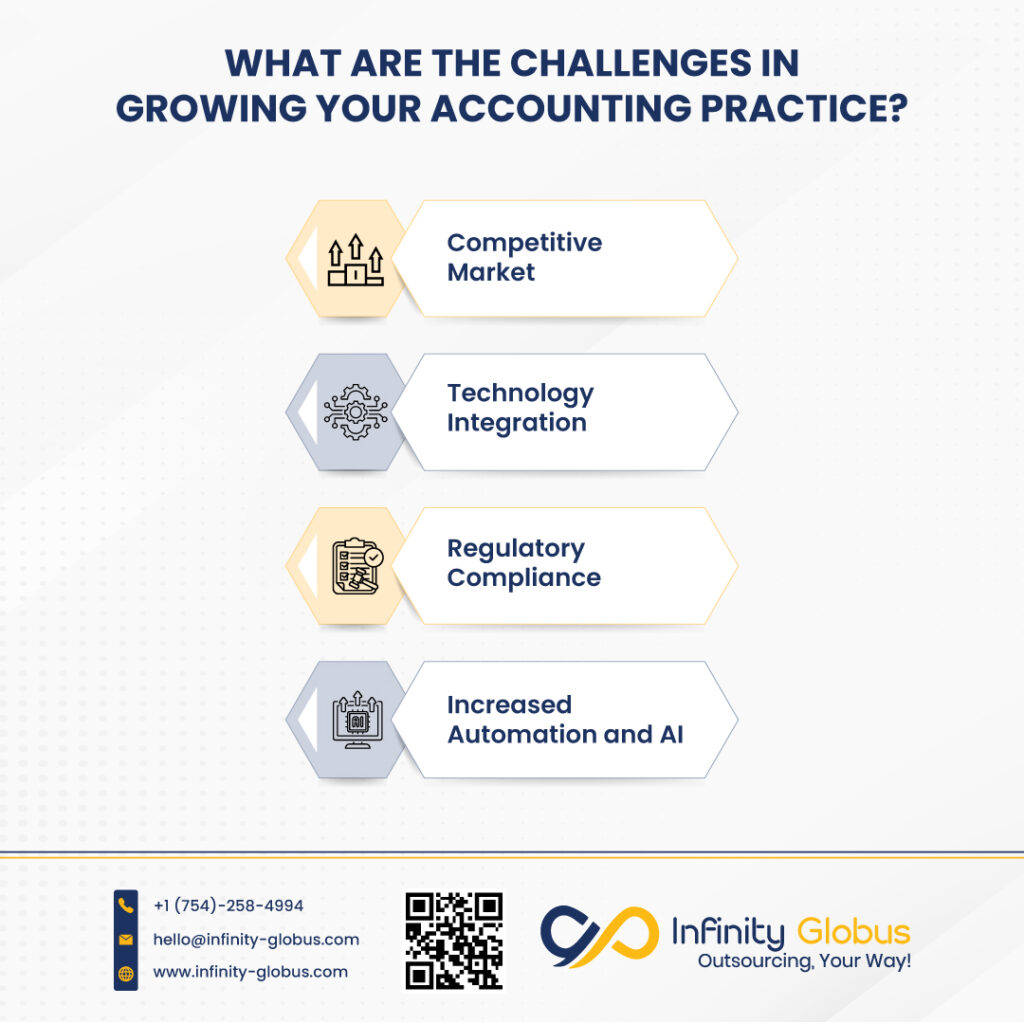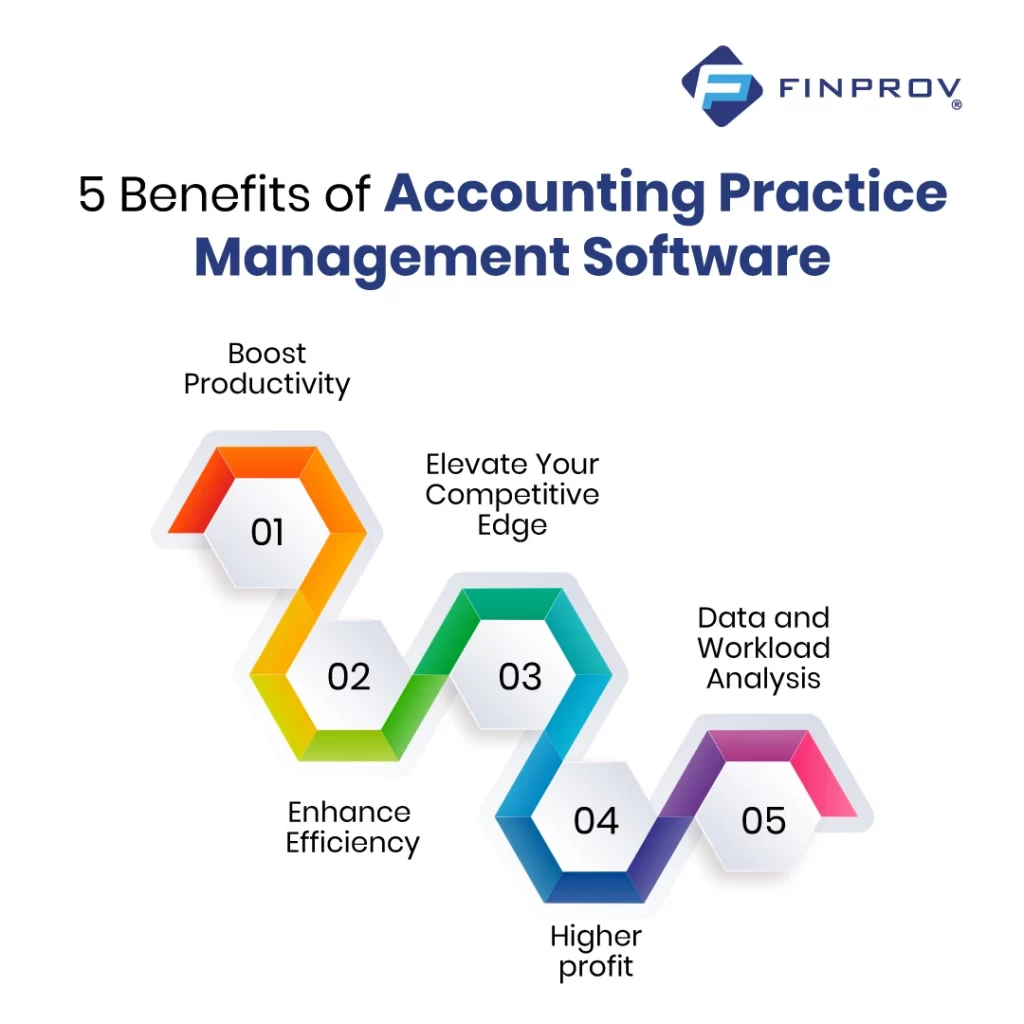Succentrix Can Help You Start an Accounting Practice using Expert Guidance
Leading Trends Forming the Future of Bookkeeping Practices
As the audit market continues to evolve, a number of essential patterns are emerging that promise to redefine typical methods. The integration of synthetic intelligence, the focus on automation, and changes towards remote job are reshaping the landscape, while sustainability efforts and enhanced information analytics are driving brand-new requirements of accountability.
Surge of Expert System
The surge of expert system (AI) in bookkeeping techniques marks a significant shift in the sector, driven by the need for better performance and accuracy. AI modern technologies are increasingly being integrated right into audit software program, enabling firms to automate regular jobs such as data access, billing processing, and monetary coverage. This change allows accounting professionals to concentrate on higher-value tasks, such as critical preparation and consultatory services.
Moreover, AI improves the precision of economic evaluations by reducing human mistake and enhancing data honesty. Artificial intelligence algorithms can analyze huge amounts of information to identify patterns and fads, supplying understandings that were previously unattainable. This ability not only streamlines decision-making however likewise permits for real-time monetary tracking.
The application of AI in bookkeeping also promotes enhanced conformity with regulative standards, as AI systems can be programmed to flag discrepancies and ensure adherence to financial laws. As firms embrace these technologies, the role of accountants is progressing from standard accounting to ending up being tactical companions within companies, equipped with innovative logical abilities. In general, the increase of AI in bookkeeping is redefining the career, leading the way for a more innovative and receptive monetary landscape.
Focus on Automation
Just how can automation reshape the accounting landscape? The assimilation of automation right into audit techniques is basically modifying exactly how monetary information is refined, assessed, and reported. By simplifying recurring jobs such as information entry, reconciliation, and invoicing, automation permits accounting professionals to focus on higher-value tasks, such as strategic decision-making and advisory solutions.
The fostering of automation technologies, including robotic process automation (RPA) and cloud-based remedies, improves accuracy and lowers the likelihood of human error. Real-time information processing empowers organizations with prompt insights, making it possible for more positive financial administration. Moreover, automated systems assist in compliance by guaranteeing that regulations are consistently fulfilled via built-in controls and audit trails.

Remote Work Transformation
As automation reshapes standard accounting practices, the increase of remote job is additional transforming the landscape of the occupation. The COVID-19 pandemic accelerated a shift in the direction of adaptable work plans, compelling accountancy firms to embrace new innovations and communication devices to keep performance and customer interaction. This change has allowed firms to access a wider ability swimming pool, as geographical restrictions lessen.
Remote work has also triggered a reevaluation of operations and the implementation of cloud-based services. These technologies assist in real-time cooperation, allowing teams to function flawlessly throughout numerous locations. Consequently, accounting professionals can supply services a lot more effectively and reply to client requires faster.
Furthermore, view it the emphasis on remote work has driven a social shift within organizations, highlighting work-life balance and staff member wellness (Succentrix can help you start an accounting practice). Companies that embrace this adjustment are most likely to bring in and retain top talent, cultivating an atmosphere of innovation and flexibility
However, the remote work version additionally provides difficulties, such as preserving data safety and making sure compliance with regulatory standards. As the audit career remains to progress, companies have to navigate these intricacies while optimizing the benefits of remote job, ultimately bring about a much more resistant and dexterous sector.
Sustainability in Audit

The introduction of sustainability accountancy criteria, such as the Worldwide Reporting Effort (GRI) and the Sustainability Bookkeeping Specification Board (SASB), has actually supplied frameworks that direct companies in gauging and divulging their ESG performance. This not only boosts reputation but likewise promotes trust fund amongst financiers and customers who focus on sustainable practices.
Furthermore, companies are progressively adopting integrated reporting, which combines monetary and non-financial information to present a holistic view of business efficiency (Succentrix can help you start an accounting practice). This strategy allows stakeholders to examine the long-lasting feasibility of a business, aligning monetary success with sustainable techniques
As accounting specialists welcome sustainability, they play a critical function in shaping company strategy, cultivating technology, and promoting accountability. Inevitably, sustainability in accounting is not simply a pattern; it is an essential part of modern company technique that drives durability and long-term success.
Boosted Data Analytics
The growing emphasis on sustainability in accounting has actually paved the method for improved information analytics, which is changing how organizations handle and translate economic info. Succentrix can help you start an accounting practice. By leveraging top article sophisticated logical tools, firms can currently sift with huge quantities of data to draw out insights that drive critical decision-making and boost functional performance
Enhanced data analytics enables accounting professionals to relocate beyond conventional coverage strategies, providing real-time information visualization and anticipating analytics that promote aggressive monitoring of monetary wellness. This shift not only supports better conformity with sustainability regulations yet additionally straightens with stakeholder needs for openness and liability.


As accountancy techniques progress, the role of information analytics will be crucial in fostering an extra lasting and resilient monetary atmosphere. Organizations that welcome these official statement improvements will acquire an affordable side, positioning themselves as forward-thinking leaders in the market.
Conclusion
In verdict, the future of accountancy techniques is being significantly influenced by developments in synthetic intelligence, automation, remote work, sustainability, and boosted data analytics. These patterns not just enhance effectiveness and precision but likewise improve the duty of accountants from traditional jobs to calculated advising settings. Accepting these advancements will empower firms to adjust to a developing landscape, guaranteeing durability and success in a competitive environment. The recurring assimilation of these elements will define the bookkeeping profession's trajectory.